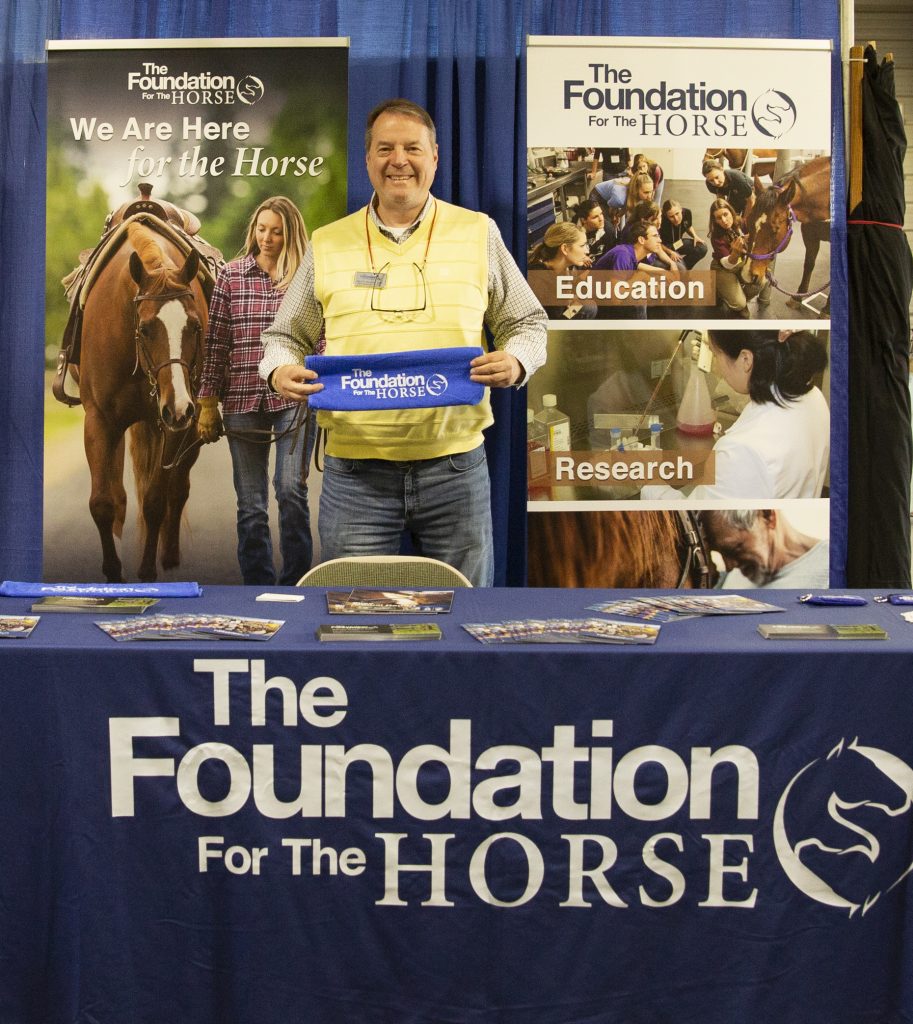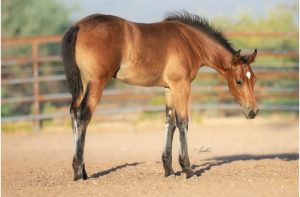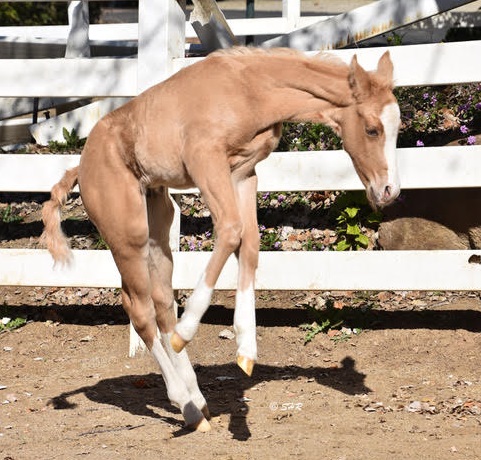For the Betterment of the Horse

Walking through the Ford Exhibit Hall, a new booth is among the vendors: The Foundation for the Horse is bringing their message of horse welfare to the NRBC. Originally known as the American Association of Equine Practitioners Foundation, the Foundation rebranded to be known as “The Foundation for the Horse” in December 2019 after celebrating 25 years.
Since inception in 1994, the Foundation has been raising and dispersing funds to improve the health and welfare of horses across all disciplines and breeds. Senior Development Officer, Paul Ransdell, Ed.D., is honored to be a part of the foundation and has greatly impacted fundraising.
“Historically we have relied on equine veterinarians and members of the AAEP, we just completed a multiyear comprehensive campaign, and our goal was to raise $10 million in 3 years, we exceeded that goal to raise $12.3 million,” Ransdell said.
There are three ways the Foundation contributes to the horse industry. The first is providing scholarships for equine veterinary students.
“The supply of equine veterinarians and graduates coming out of vet school and moving into the equine world is at a rapid decline, that is a real issue that makes scholarships all the more important,” Ransdell said.
The second way the Foundation contributes to the horse industry is through research, which is greatly underfunded, though largely beneficial for equine veterinarians. Thirdly, the Foundation invests in programs for horses in harm’s way and in dire situations.
“We invest in disaster relief in areas of wildfires such as Australia, or northern California or Oregon, and where floods and hurricanes occur such as in Florida, Texas, Louisiana and more,” Ransdell explained.
The Foundation funds programs for veterinarians and technicians that also help horses, donkeys, and mules in developing countries that may need assistance and urgent care. These animals can most often be overworked and undernourished.
There are many programs the Foundation works with including groups like the Veterinary Emergency teams at University of California—Davis and Texas A&M University, or the British Equine Veterinary Association, and are referred to as trusted partners. Yet, it is not only the veterinary community the Foundation looks to reach and educate. Ransdell and others visit shows across the country that include FEI events, the Pin Oak Cherry horseshows, jumping and dressage events at Wellington and in the Ocala, Florida-area, at Land Rover Three-Day Event in Lexington, Kentucky, and more.
The NRBC is the first Western horseshow for the Foundation to attend. Many Foundation volunteers and board members are Texas based, so Ransdell feels this is the first of many Western events the foundation will be making an appearance.
While veterinarians and equine veterinary students benefit from the Foundation, it also hopes to impact horse owners with one to two horses. A program that stemmed from the COVID-19 pandemic and due to inflation, a program was created to assist horse owners in a veterinarian reimbursement program.
Success of the Foundation is contributed to the government, trust associated with and credibility of those in the equine veterinary profession. The AAEP backs the Foundation and oversees the work it is doing to better the welfare of the entire horse industry.
“The goal and what success looks like for us is that this brand will be the go-to charity for everyone who cares about the health and wellbeing of the horse,” Ransdell said.
To find out more about The Foundation for the Horse, visit www.foundationforthehorse.org or contact a veterinarian, or call the AAEP office directly at (859)233-0147.



